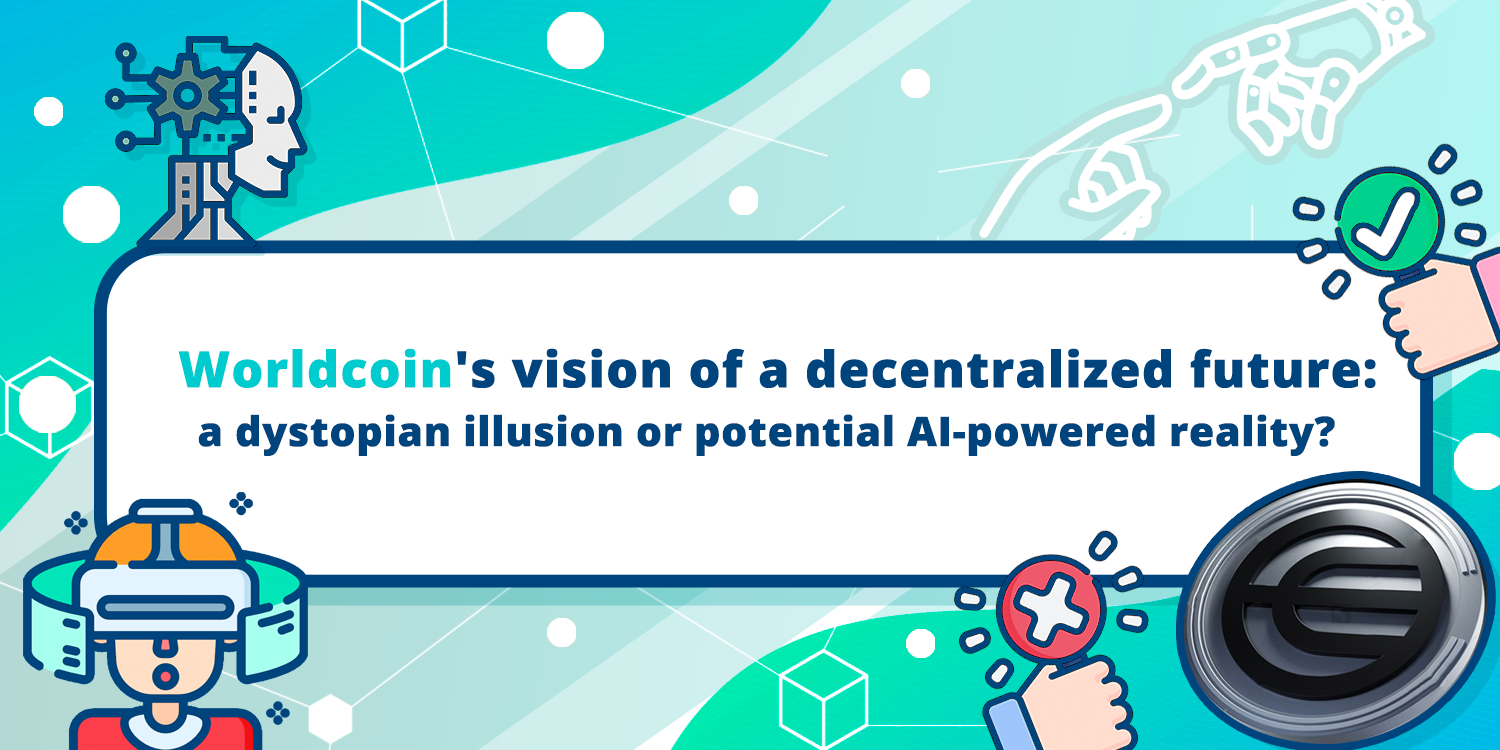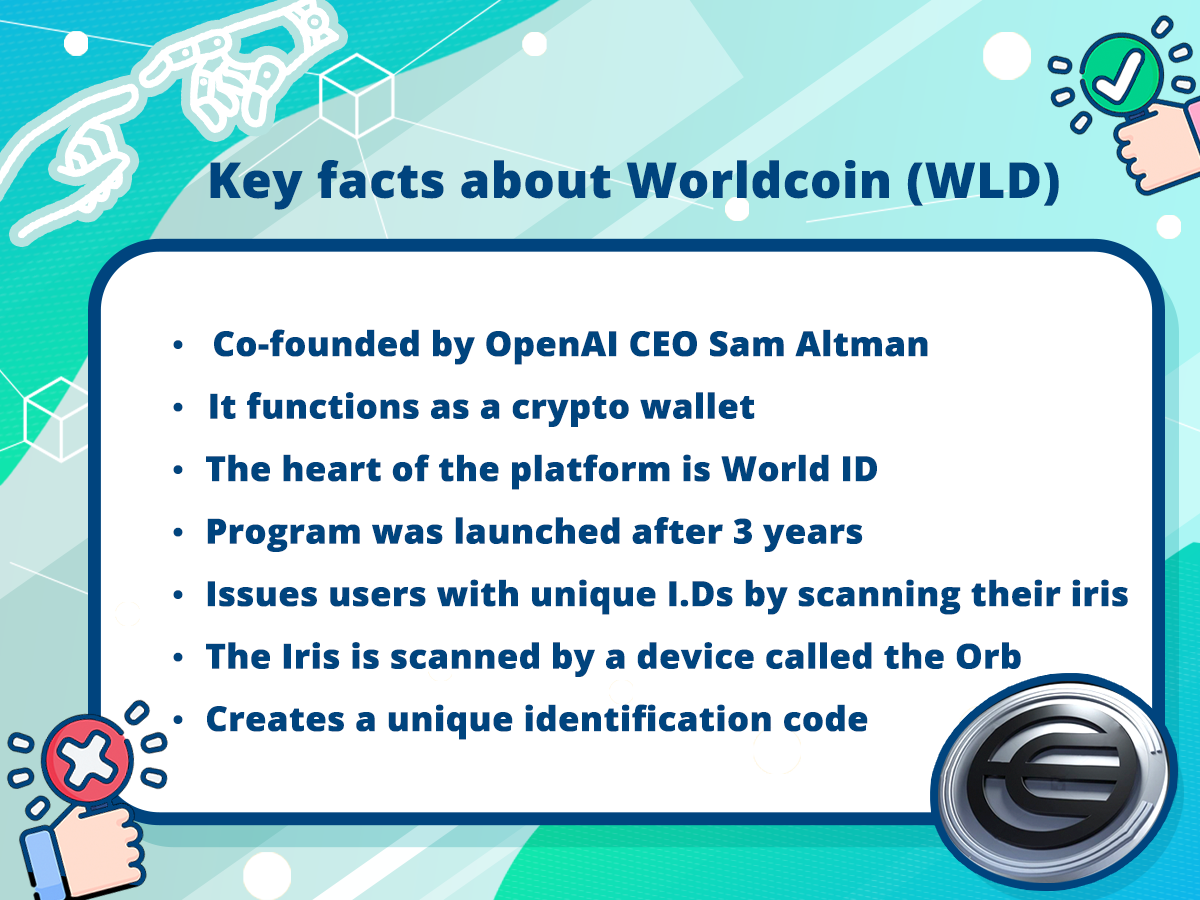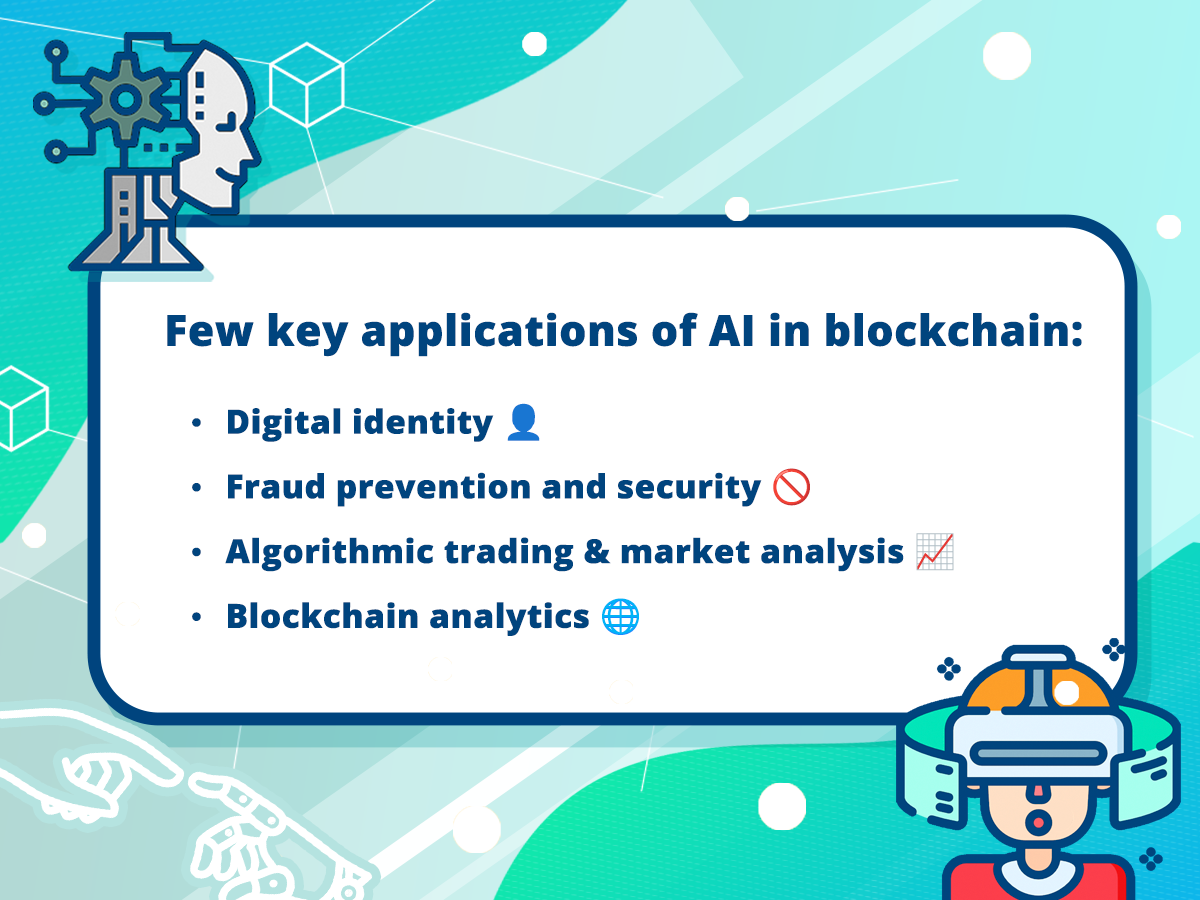
WThe AI-Powered Future: Worldcoin’s Vision for a Decentralized Society
Worldcoin, a pioneering cryptocurrency project co-founded by Sam Altman, CEO of OpenAI, and led by CEO Alex Blania, has garnered attention and sparked discussions with its innovative approach to solving global identity system problems through decentralized technology. In this article, we aim to explore Worldcoin’s vision for a decentralized future with AI playing a critical role and its controversies.
The Essence of Worldcoin:
Worldcoin is a cryptocurrency and digital identity project aimed at building a global identity and financial system. The project’s main feature is World ID, which aims to address the challenges posed by artificial intelligence (AI) and deepfakes by introducing a concept called ‘proof of personhood.’ Users verify their personhood by having their irises scanned by a device called the Orb, which generates a unique identification code based on the structure of the irises. This code is stored on Worldcoin’s decentralized blockchain to prevent fraud. Once verified, users receive a WorldID and can participate in Worldcoin’s global financial network.

The project was officially launched in July this year, and to date, almost 2.3 million people have signed up. Worldcoin has received significant funding worth over $100 million from investors including Andreessen Horowitz and Khosla Ventures to tackle this problem at scale.
The project’s tokenomics have been a catalyst for recent traction. The native token of Worldcoin is called WLD, and it incentivizes people who perform the scan. As such the project has certainly generated both interest and controversy.
Risks and Challenges Ahead:
Its method of verifying human identity through iris scanning has raised concerns about privacy and centralization. By collecting biometric data from individuals in underserved areas, Worldcoin risks privacy violations and potential exploitation of the data. Centralizing such sensitive information also makes it a target for hackers and poses the risk of identity theft. Moreover, the project’s involvement in AI development and its potential impact on democratic processes and sovereignty have raised further concerns.
From a regulatory perspective, Worldcoin has encountered roadblocks in various jurisdictions. In the United States, restrictions prevent citizens and residents from purchasing or trading Worldcoin tokens. Similarly, European countries like Germany and France have expressed reservations about the legality of collecting biometric data. These challenges highlight the importance of engaging with regulatory bodies to establish compliance frameworks that align with the project’s goals.
In the face of international scrutiny, the company commits and assures that users’ personal and biometric data will not be sold. Worldcoin’s cooperation with governing bodies, efforts to meet regulatory requirements, and commitment to providing a safe and transparent service for verified humans are crucial in building trust and ensuring widespread adoption.
Adoption of AI in the Decentralized World:
The integration of AI comes in many different shapes and forms. The OAX Foundation, known for its support in driving developments in the decentralized finance space, recognizes the importance of incorporating AI to empower users. One of the projects supported by the OAX Foundation, Notifs, has recently released an AI-powered news summary. It delivers personalized and relevant news to digital asset holders, harnessing the power of AI to assist users in making informed decisions in the dynamic world of cryptocurrencies.
At OAX Foundation, we understand the importance of actively listening to users and enhancing their experiences in the decentralized space. We firmly believe that AI has the power to reshape the landscape, fostering efficiency and providing individuals with greater knowledge and control over their digital assets. Despite the inevitable challenges that come with innovation, it is through perseverance, collaboration, and staying true to our vision that meaningful progress can be achieved.

In conclusion, the incorporation of AI in blockchain opens up a world of possibilities for progress and empowerment. Worldcoin’s focus on addressing identity system challenges is just one example of the transformative potential of this technology. While hurdles and challenges lie ahead, it is crucial for projects to stay true to their mission, remaining collaborative and adaptive in the face of adversity.


